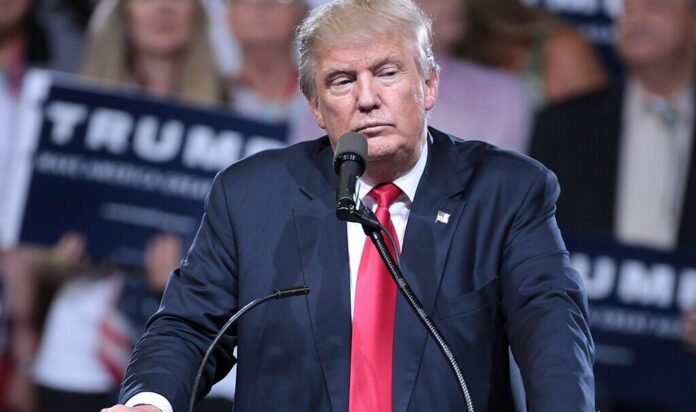UK GDP plunged 0.3% in April – worst since Oct ’23 – as Trump-inspired tariffs and tax hikes bite
Rachel Reeves faced a grim reality on 12 June 2025 when the Office for National Statistics confirmed the UK economy contracted by 0.3 per cent in April – the sharpest drop since October 2023 and triple the contraction economists had forecast.
This alarming slump reversed the modest 0.2 per cent expansion in March and undermines the Chancellor’s momentum following yesterday’s lavish spending review. In live interviews with Sky and ITN, Reeves labelled the figures “clearly disappointing” and pinned much of the blame on uncertainty sparked by President Trump’s sweeping 10 per cent tariffs on UK goods.
ONS director Liz McKeown highlighted a record monthly £2 billion plunge in exports to the United States – the steepest fall since records began in 1997. She noted damage across most sectors, including cars, metals and pharmaceuticals, as the tariffs index turned global trade into a minefield.
Key sectors plummeted. Services – the lion’s share of the economy – shrank 0.4 per cent, dragged down by a collapse in legal and estate‐agent output caused by the end of a stamp‑duty holiday. Manufacturing also stumbled, with production off by around 0.6 to 0.9 per cent, including a particularly sharp 5.2 per cent drop in car making.
Construction offered a rare silver lining, growing by 0.9 per cent thanks to improved weather and sustained housing investment. Additionally, research and development as well as retail saw modest gains, though these were not enough to offset the broader slump.
The economic crisis has escalated talk of tax hikes. Both the Resolution Foundation and Institute for Fiscal Studies warned that weaker growth, combined with Reeves’s hefty spending promises – including winter fuel aid – almost guarantees autumn tax rises. Reeves refused to completely rule this out, refusing to pre‑empt the autumn budget and insisting she won’t ramp taxes on “working people”.
Conservative shadow chancellor Sir Mel Stride labelled the contraction “economic vandalism”, hitting Reeves’s government for overspending, rising unemployment and an economy sliding backward. The Liberal Democrats echoed the warning, calling April’s data a wake‑up call that tests the credibility of Reeves’s spending ambitions.
In parliament yesterday, Reeves unveiled a spending review pledging billions for health, housing, defence and asylum reforms. But critics noted this review lacked clear funding sources beyond last year’s national insurance increase and vague departmental savings.
For now, Reeves asserts her “Plan for Change” will spur growth, insisting this contraction is a temporary shock and that the economy still grew over the last three months, bulwarked by activity pulled forward from April to dodge looming tariffs.
But with the Bank of England under pressure to cut rates as soon as August, and the pound weakening, the Chancellor faces a precarious balancing act. As economic headwinds gather – from global turmoil to domestic taxation – 2025 is shaping up to be a political and financial tightrope season for Reeves.
